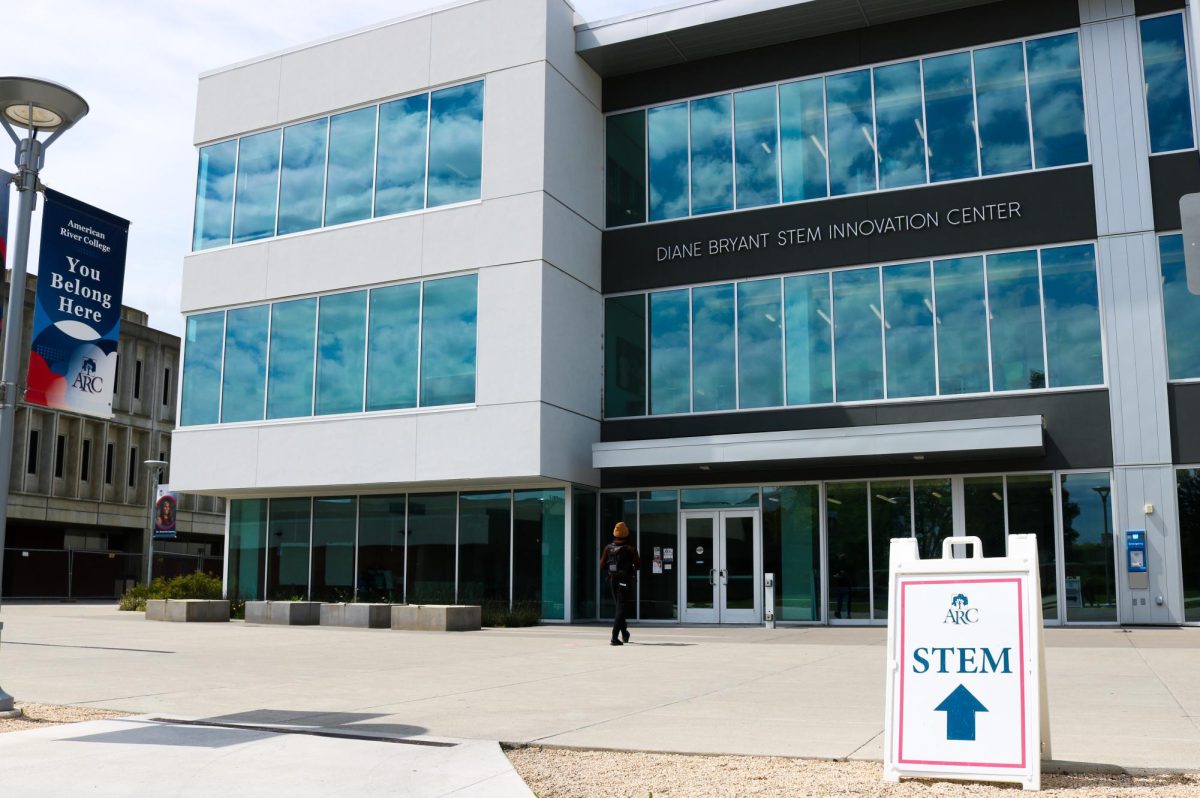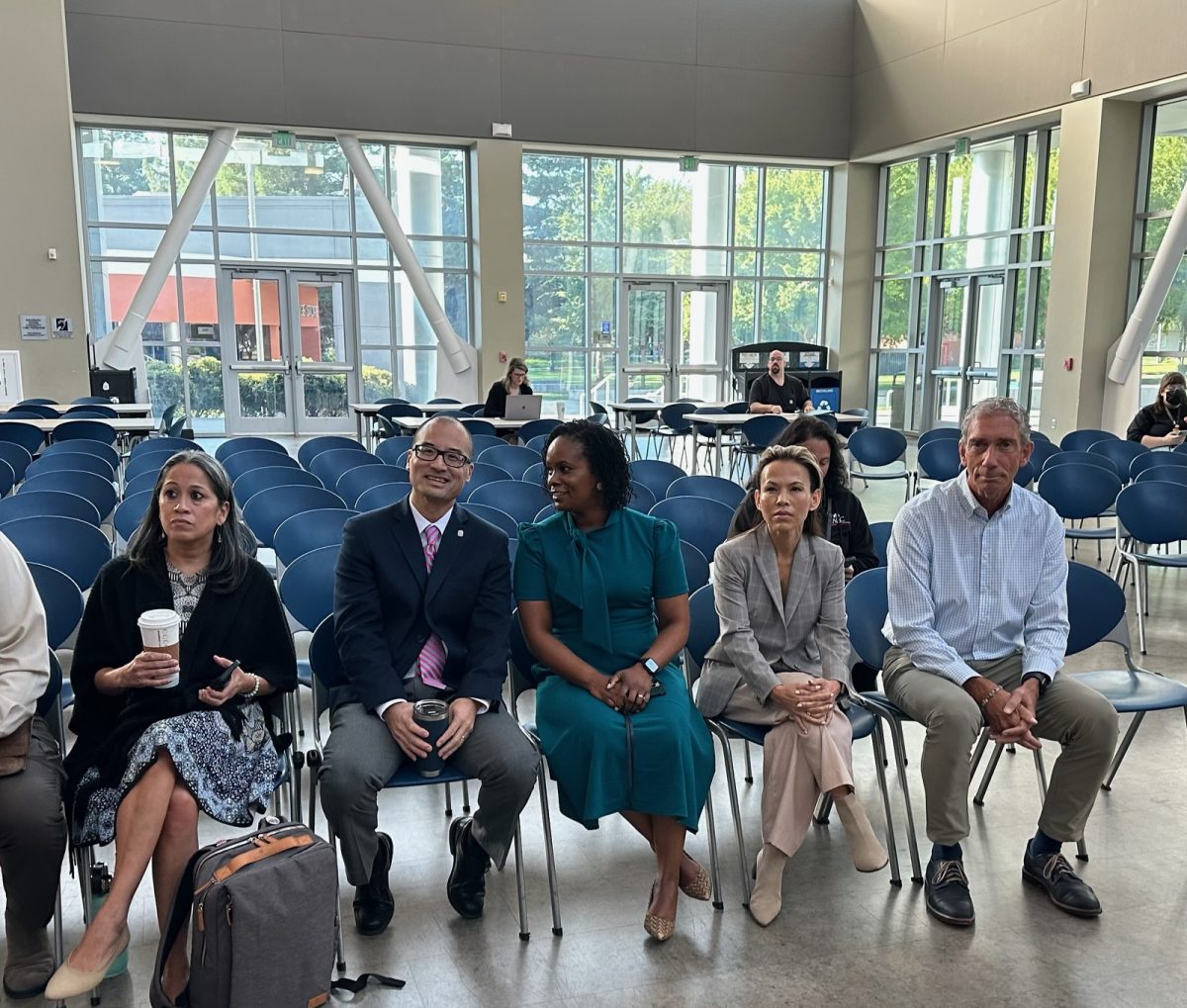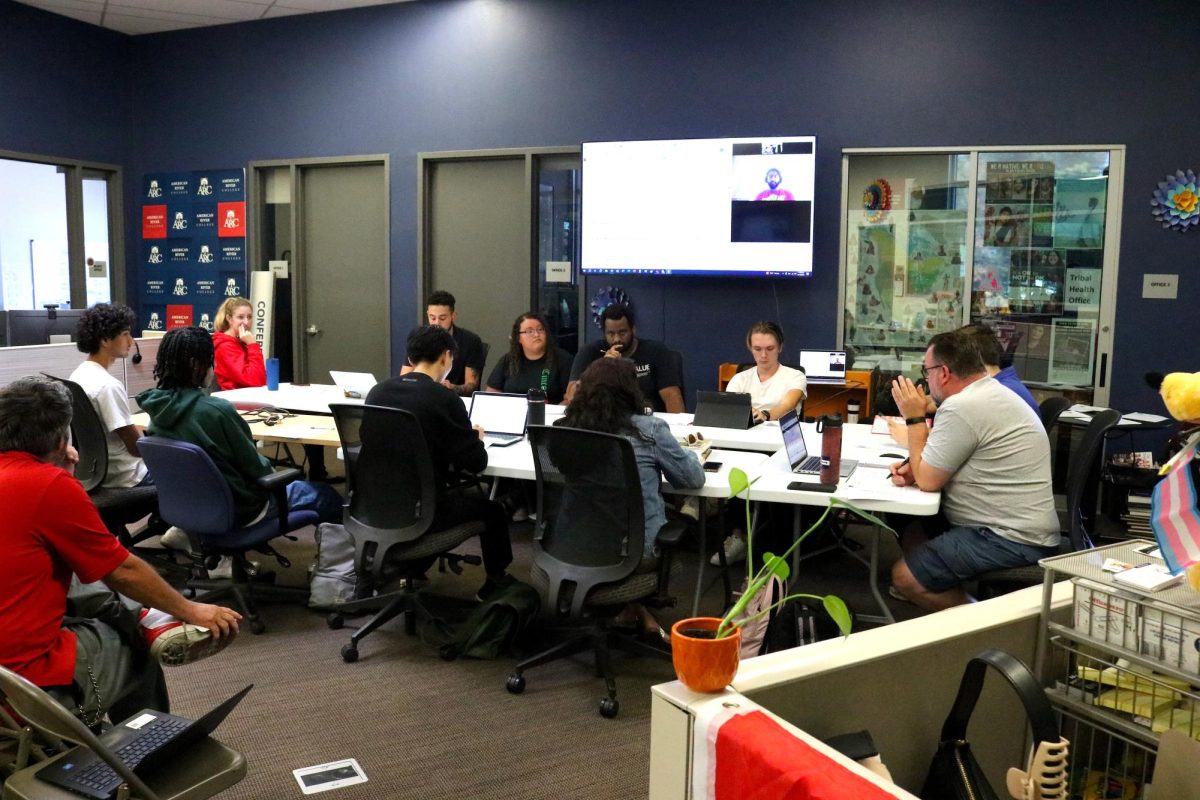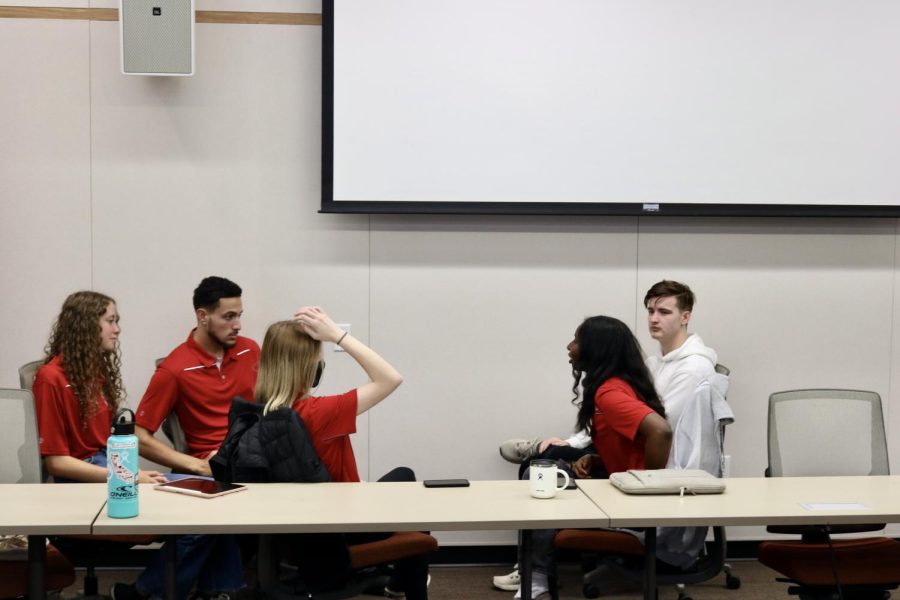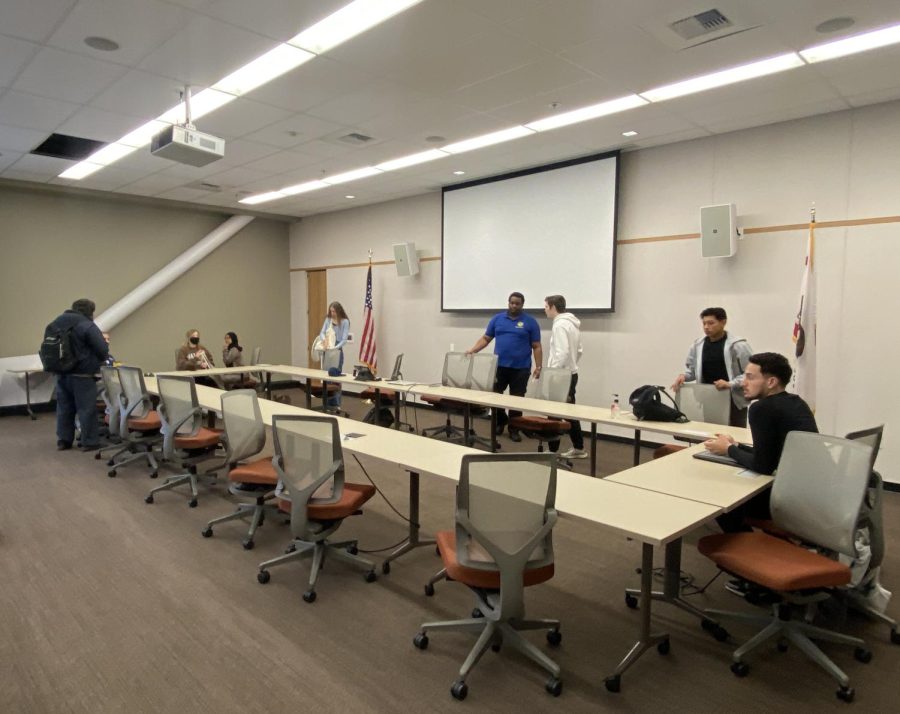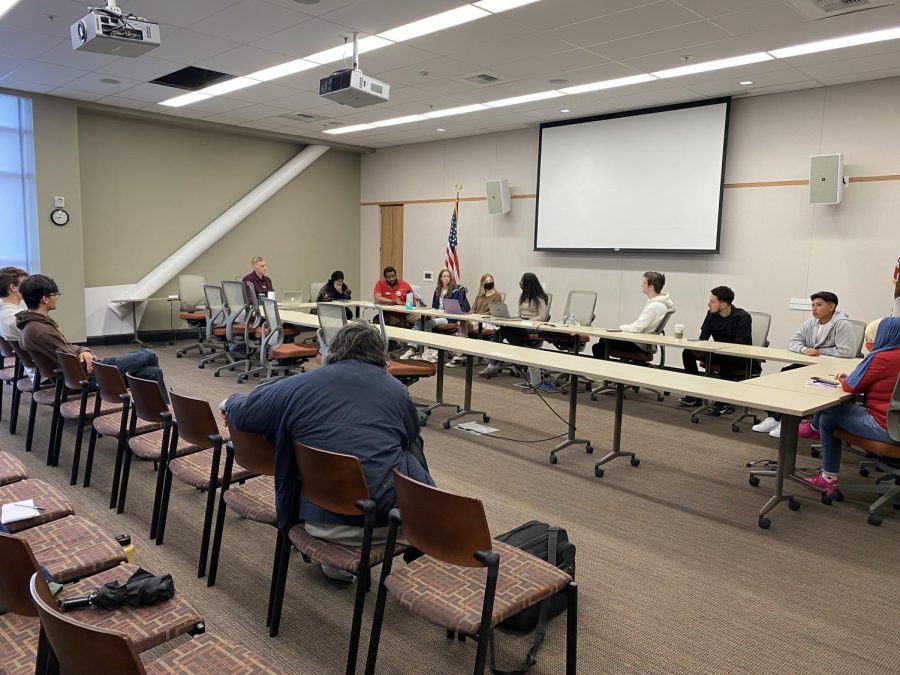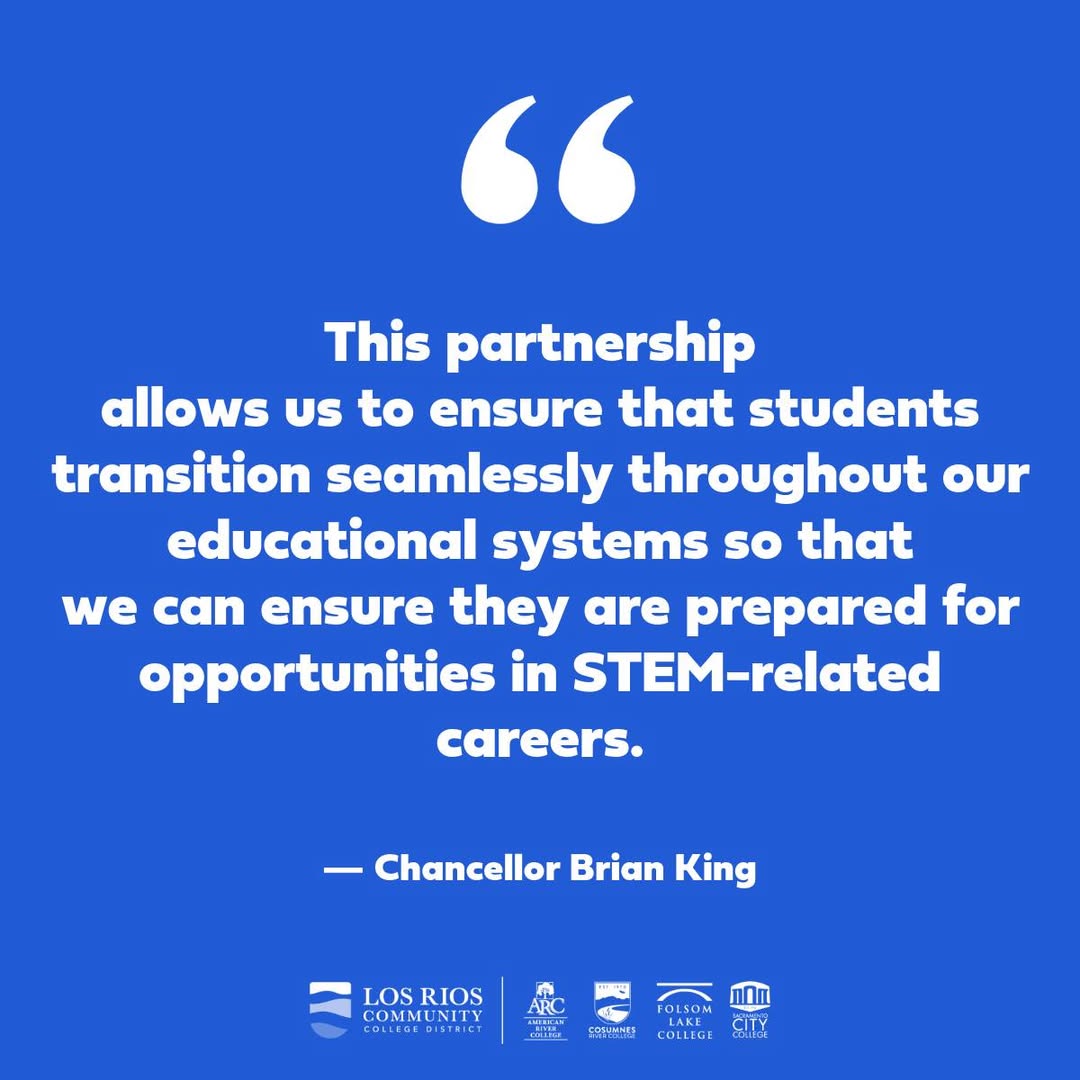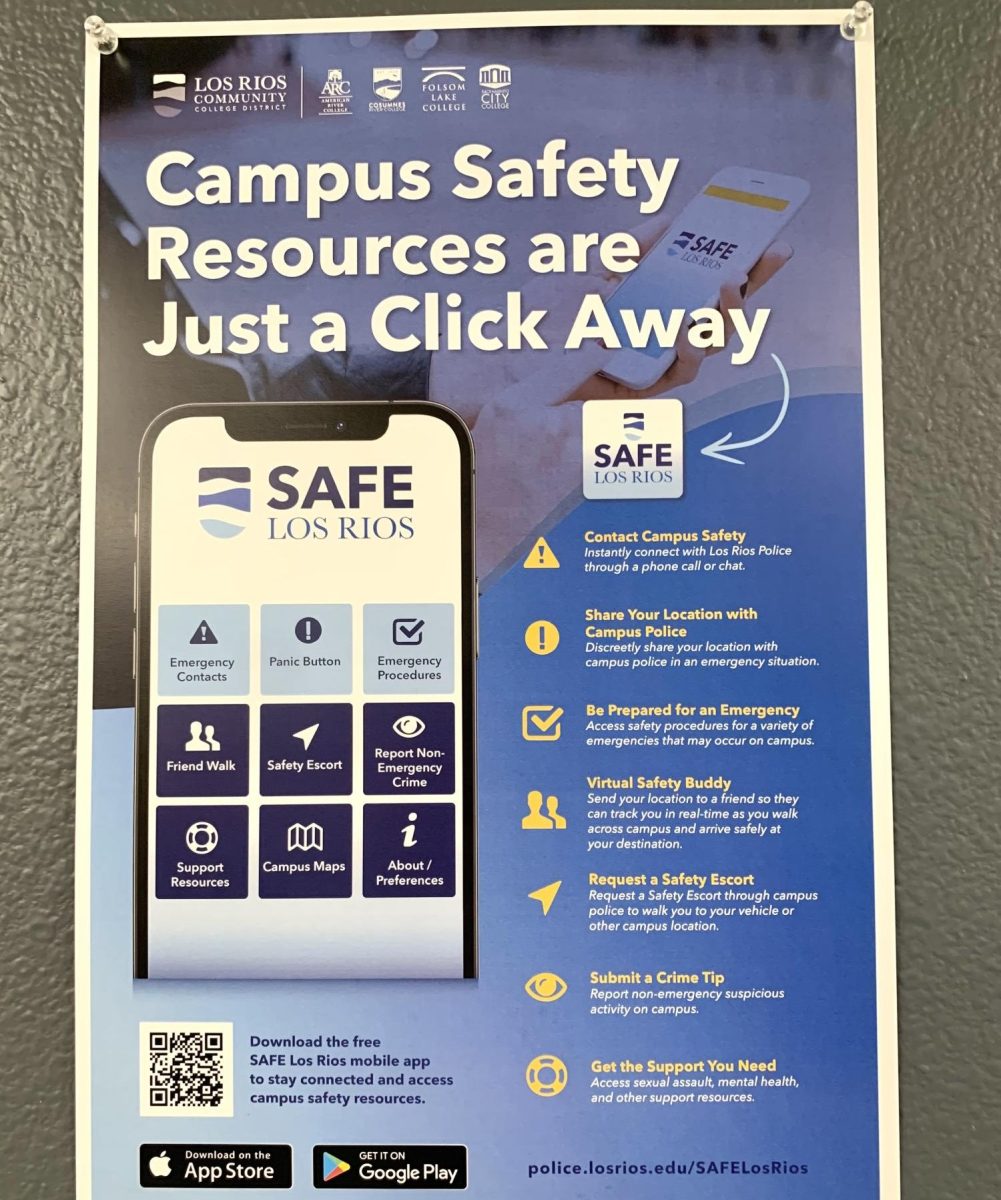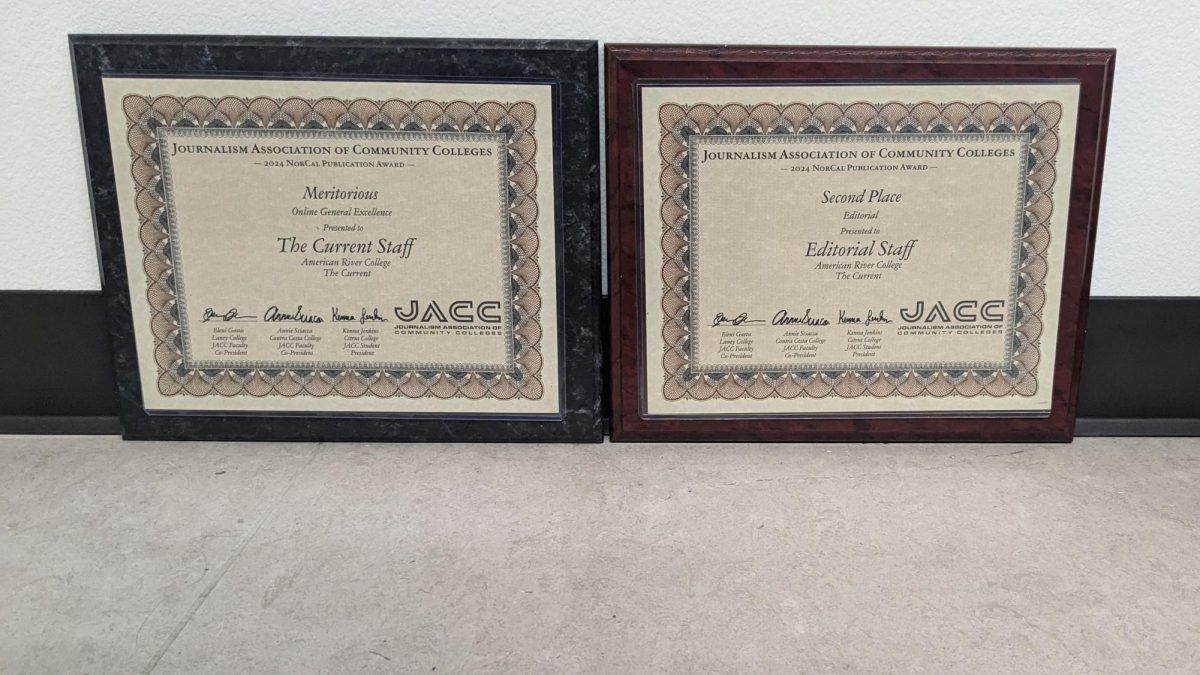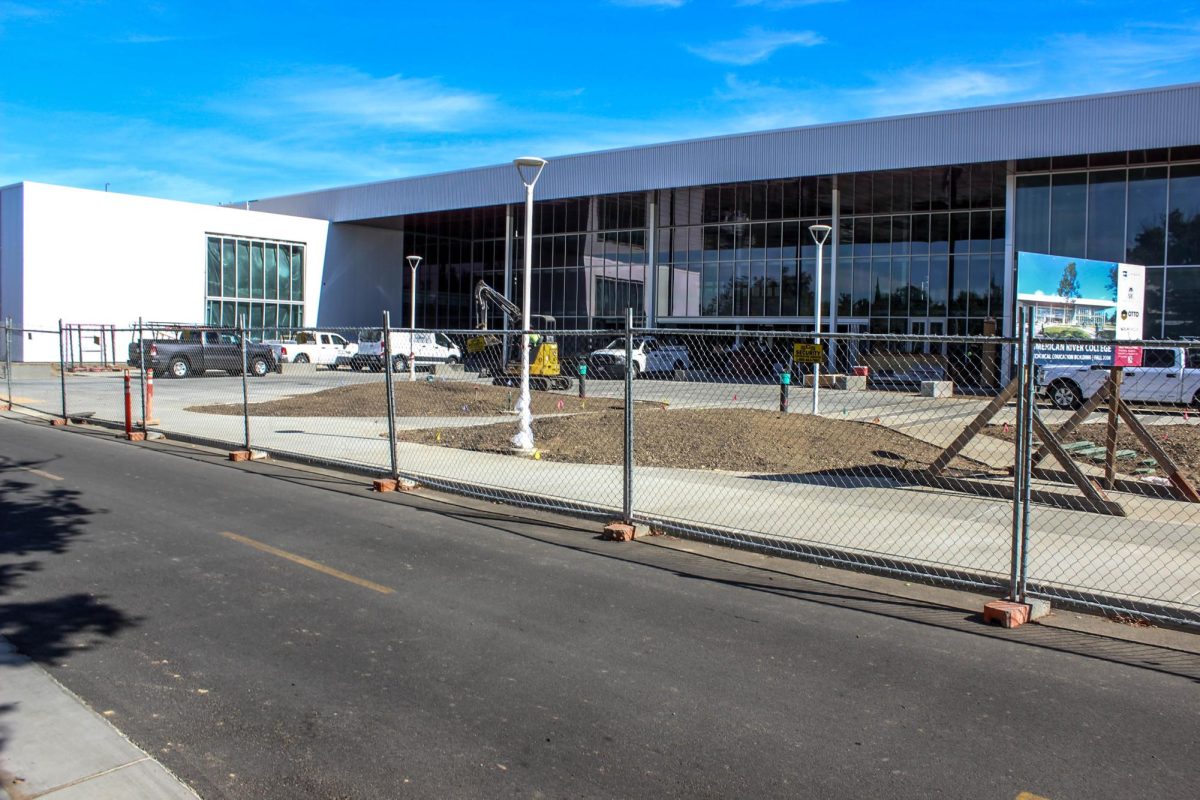Student senate at a standstill
The Government of the United States of America is built on the ideal of unite or die. The Associated Student Body Student Senate is modeled after the same tenets as is the US Senate. As the voice of the students and as a legal body, ASB has a big job to fill on campus.
In the short time the senators have been in office they have had to face unique challenges with the changes in leadership and the people involved are making things more divisive than united.
In the fifth week of the session, ASB Senate has gone over bylaws that should have been approved by previous boards. But due to many differing voices the ASB has been as much at a standstill as has the US Senate. All the differing ideas, perceptions, opinions, and all the things that make student government the student voice are not coming together to move forward.
The Council of Five
ASB Senate has five members that represent the roughly 30,000 students at ARC. Senators Sam Elliot, Laurie Jones, Timothy Lipuma, Club and Events Board President Jeremy Diefenbacher and acting-President Jorge Riley advocate for student interests on campus. As a government body they are subject to many legal protections and limitations. The regulations can be cumbersome.
“I think I can do the job once my hands are untied,” Riley said.
The members of Student Senate, excluding Riley, are enrolled together in a government class. The classmates say they learn about their student leadership in Student Government 300 taught by ASB adviser and Center for Leadership & Development Supervisor Tanika Byrd, and have opportunities to “talk about the (ASB) constitution and bylaws.” The Current was denied access to the class but the syllabus that Byrd provided at our request reads that the course “provides a study of the legal, educational and philosophical basis of student government.”
Riley was “concerned” that all the ASB members were in the class together, essentially forming a quorum which would allow them to conduct ASB business. There are legal restrictions concerning this process.
The General Public
This semester the members of the public that observe the ASB meetings have been more in number. The controversy around the resignation of former ASB President Tyrone Robinson has led to a few very vocal people speaking at the ASB meetings, both during public comment time and during all other discussion.
Byrd has tried to keep them on topic by interrupting with an apology when she seemed to think criticism of Riley is not what she says is criticism “of the chair and not the person.”
The Division
With the focus the public places on special elections and special interests, the lack of procedural know-how of the board, the approval process of CL&D, the internal lack of communication and the amount of time spent on approving bylaws the voice of the students is still not able to discuss what it can do for students.
“They just need to get on with it,” said ARC student Rhiannon Coxsisk.



